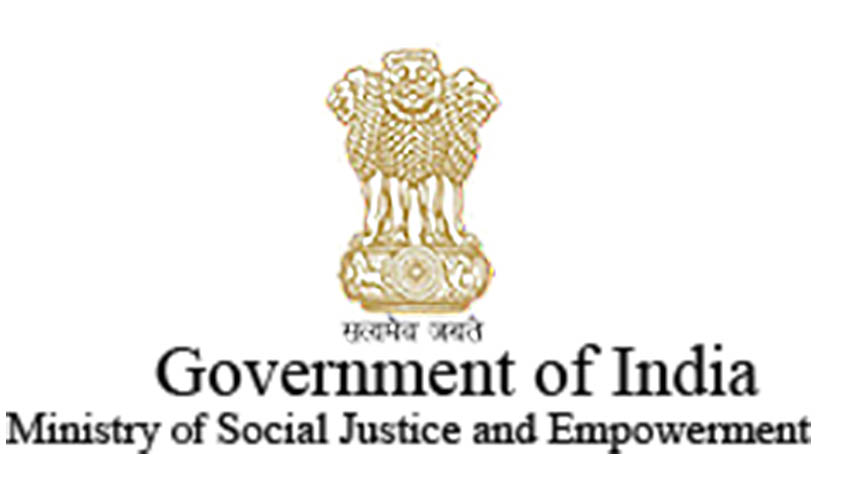The government has no information about the benefits of reservation given to people in the Scheduled Castes (SCs) category and has no mechanism to find out how many castes, or the creamy layer, do not need further reservation facility.
This fact has come to the fore following a petition filed under the Right to Information (RTI) Act, seeking detailed information in this regard. Though there is a provision of review to assess the ground reality, no such exercise has been carried out in the last many years to know the current situation and to ensure that the benefits of reservation reach the needy or the poor.
The petitioner, Gopal Prasad, had sought information about the castes which are not included in the list of Scheduled Castes, about which the Ministry has got complaints, and action taken on them. He had also sought information on the process of including castes in the list of SCs, the policy and laws and bylaws. However, the Department of Personnel and Training under the Ministry of Personnel, Public Grievances and Pensions, in its reply, said it has no information. It forwarded the petition to the Ministry of Social Justice and Empowerment.
The petitioner also moved the National Scheduled Castes Commission (NSCC) for getting the details. But the Commission, in its reply, said it only acts to safeguard the interests of the SCs, as mentioned in the Constitution, by taking up complaints in this regard. With regards to queries related to the Backward Classes, the Commission referred the query to the National Commission for Backward Classes.
“I have been running from pillar to post to get information. The government should do time-bound review of whether the provision of reservation has helped the SCs. Unless that is known, how can new castes be included or existing castes, which have already benefited, be excluded from the list of beneficiaries. For example, there should be a review as to why reservation facilities be extended to leaders like Ram Vilas Paswan, Udit Raj or Mayawati. There may be many people who are not under the ambit of reservation, but need reservation facility for their social, economical, educational and political uplift,” said Prasad.
Citing an example, he said: “The Khatig caste, for example, comes under the OBC in some states like Bihar, but under SC in other states like UP, Delhi and Rajasthan. But the fact is that a large number of castemen in Bihar have failed to develop in Bihar and they hardly have any representation in the government. On the other hand, Khatig people are enjoying the fruits of quota in UP. There has to be some parity and this can be done only when there are time-bound reviews by the government. There should be a rotation system wherein those who have benefited do not get the facility for unlimited period.”
Interestingly, a PIL has also been filed in the Supreme Court, seeking introduction of the creamy layer concept in SC reservation to keep the rich among them out and ensure that benefits go only to the needy. The petitioners have contended that no class or caste has remained homogenously backward through the course of time and, hence, reservation benefits should not be made available to the creamy layer.
At present, the creamy layer concept is in application only in the case of OBC reservation with candidates above a particular income level not entitled to avail of the benefits. The petitioners had sought “instructions and guidelines” prescribing parameters for excluding the creamy layer from the SCs and STs. The apex court, which heard the matter in January, directed that a copy of the PIL be served to the Centre so that it can spell out its stand.

